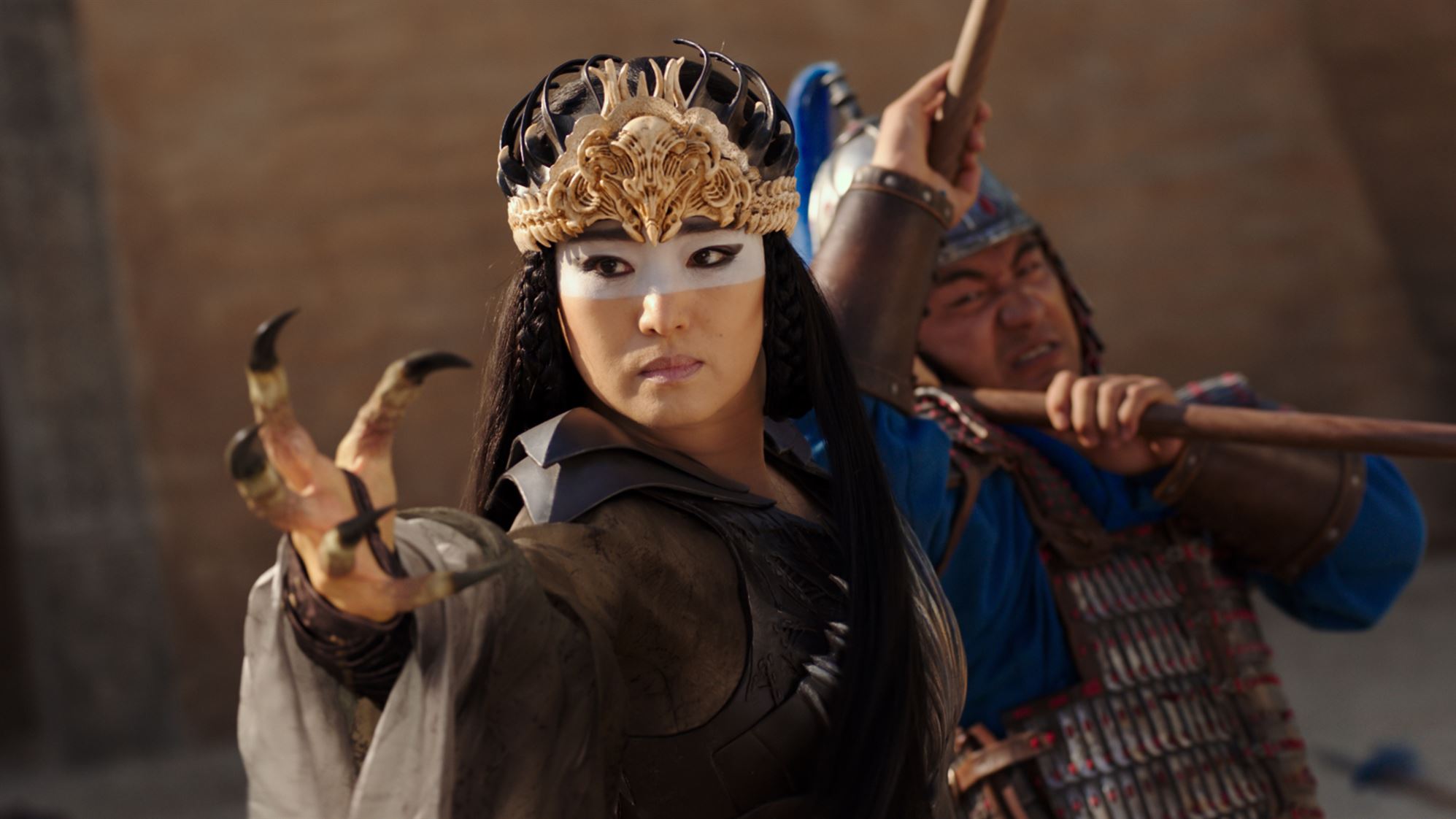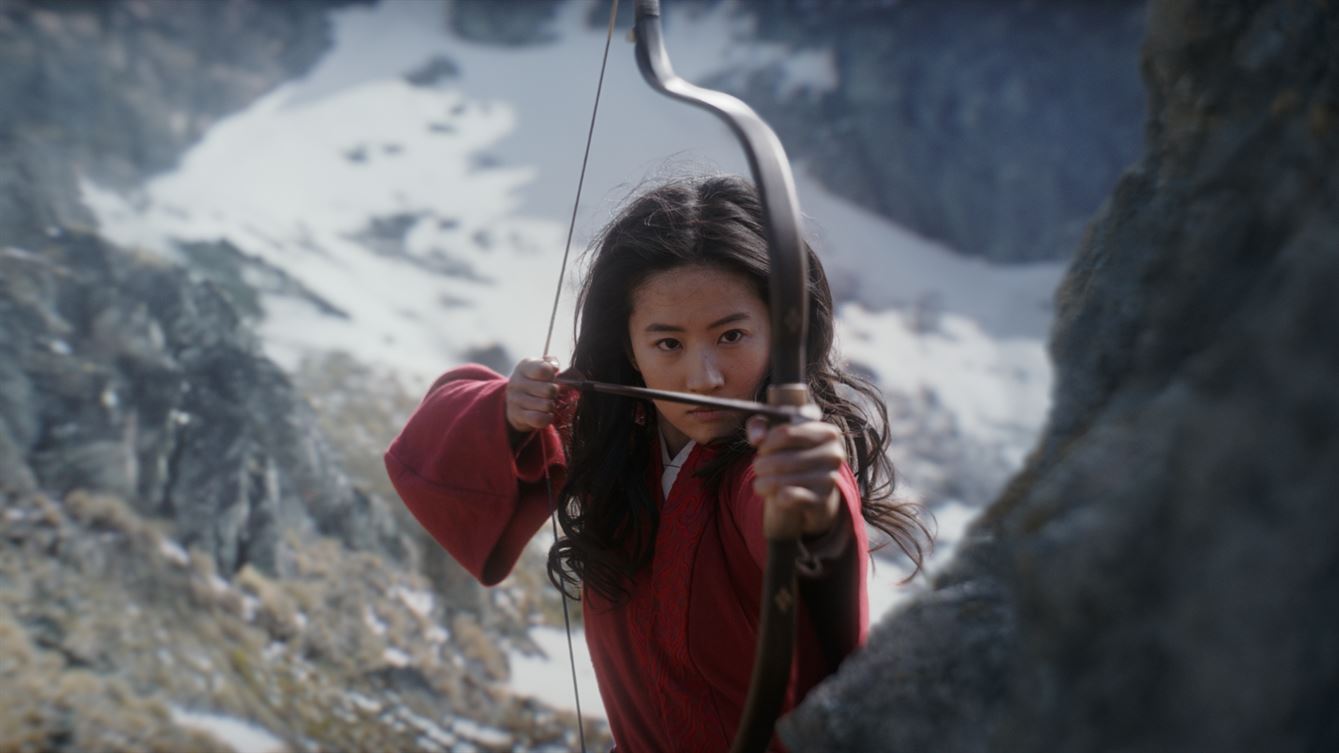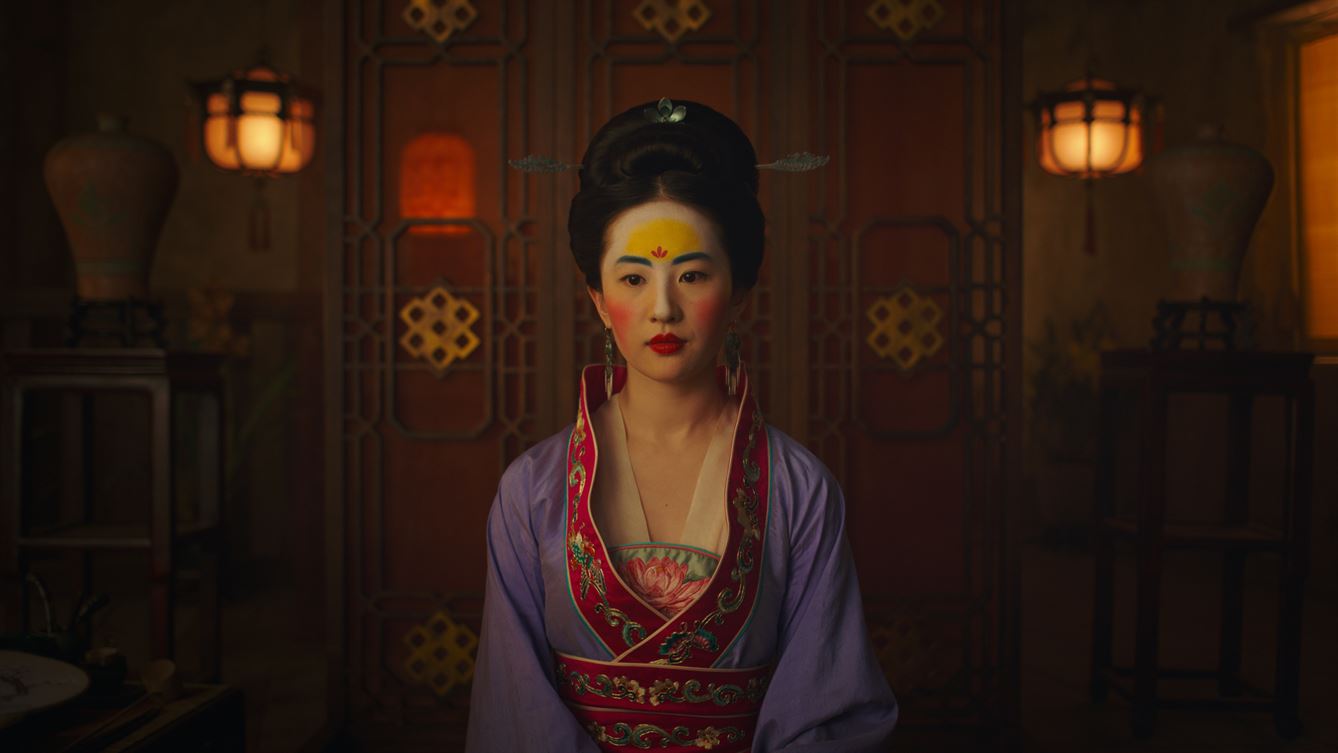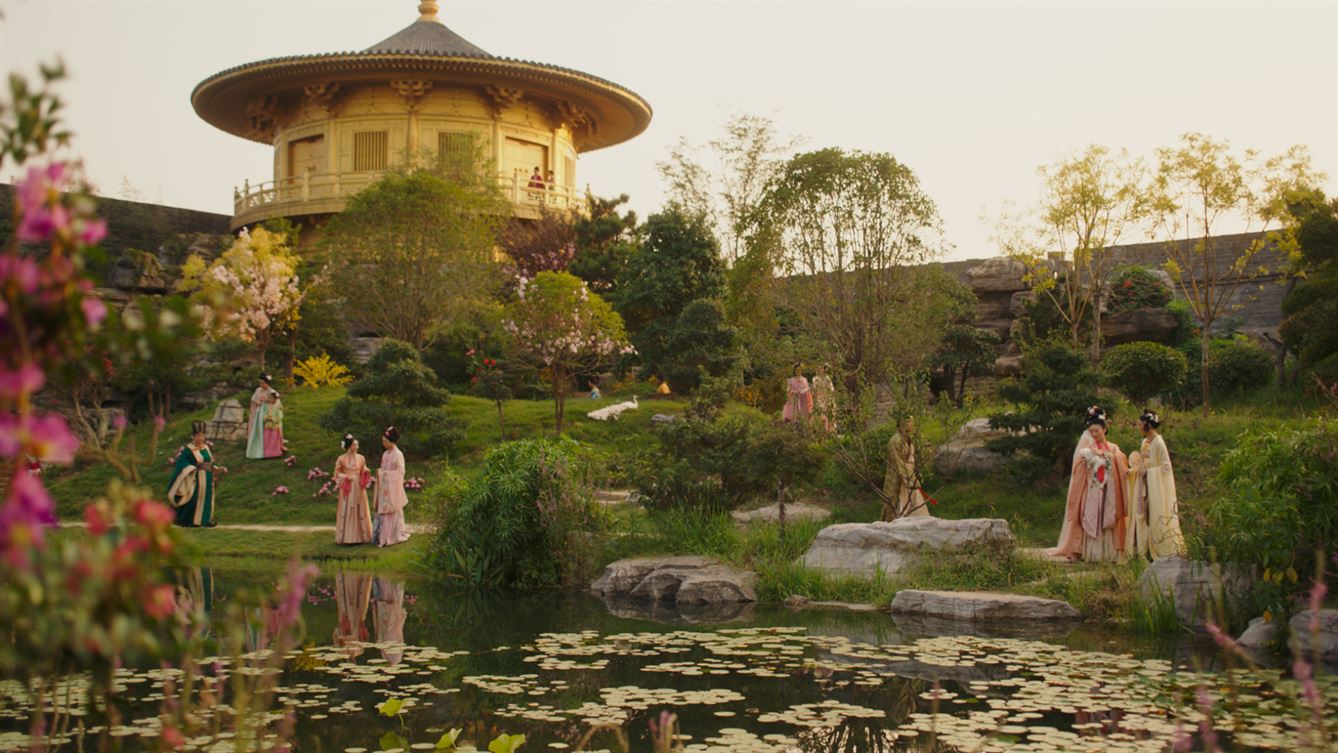Warning: spoilers ahead.
When it was announced in 2015 that “Mulan” was getting a live-action remake, fans of the 1998 animated version had mixed feelings of both excitement and concern. In fact, ever since The Walt Disney Co. announced that many of their animated movies were going to be remade, audiences did not know what to expect.
“Mulan” was released on Disney+ on Sept. 4, with a price tag of $30, which does not include the monthly subscription fee of $6.99. By December, however, it will be available to stream without paying this additional fee.
While many enjoyed watching the live-action version and seeing the new changes added to the film, others have criticized the movie for straying from the original storyline.
See, this new version of “Mulan” gives our beloved heroine more of a backstory, but at times her character can lack depth. Hua Mulan’s existence as a woman in rural China, born to be a submissive wife, is more of a harsh reality she has to face in comparison to the humorous facade that is portrayed in the animated film.
It’s evident that Mulan’s father, Hua Zhou, admires his daughter’s strength and how she naturally stands out among the crowd. But after reality sets in and he realizes that these are not qualities that their society honors in women, he admonishes her and forces her to suppress the very thing that makes her so unique.
Although the animated version made light of the situation Mulan was putting herself in, the live-action version highlights how dangerous being a woman disguised as a male soldier really is. It also shows us how innocent Mulan is, from having looked mortified upon seeing a naked man, perhaps for the first time.
While several characters from the animated film were also omitted in the live-action version, such as Eddie Murphy’s iconic voice role of Mulan’s dragon sidekick, Mushu, and Mulan’s eventual love interest, Li Shang, we are introduced to an interesting new character, Xianniang. She serves as a cautionary tale of what Mulan could have turned into had things gone a little differently.
Like Mulan, Xianniang’s “chi,” which translates to “life force” or “energy,” is powerful. But instead of hiding it, Xianniang embraces it. Her story is one that women have heard before and are tired of hearing.
As a scorned woman exiled from her community, she unleashes her wrath on anyone that comes her way. This eye-rolling character arc is somewhat redeemed when Xianniang helps Mulan save the emperor, but instead of getting a shot at a new life, she’s killed off, as though she has fulfilled her purpose and is no longer needed in the film.

While characters such as Mushu and Li Shang did not make it to the live-action film, new characters such as Xianniang were introduced.
Photo courtesy of Disney
Another difference we see in the new version is that Hua Li, Mulan’s mother, is given more character depth than both Mulan and Xianniang combined. We learn that although Mulan’s mother has fulfilled her societal duty of becoming a wife, she still failed in the sense that she never bore any sons.
Not only that, but she also struggles with the latter as she fears loneliness, should her husband go to war and never return. Mulan and her younger sister are bound to marry and move out of the house someday and when that does happen, Mulan’s mother will be left alone and considered an outcast with no man to take care of her.
Although Mulan’s father would never wish this upon his wife, he understands that when duty calls, he must respond.
“I must bring honor to the family,” Mulan’s father said in response to his wife’s protests.
Honor is a recurring theme in the film. To be dishonored is a worse fate than death and everyone in Mulan’s family struggles with it in different ways.
They’re painfully aware that they’re confined by their circumstances, however there’s not much they can do to change it with the constant fear of dishonor.
On the other hand, Xianniang simply shuns all that is expected of her as a woman, for dishonor is a consequence that doesn’t seem to bother her. In doing that however, she is punished for this decision and shut out by the rest of the world, which perhaps isn’t the kind of message we want to be sending to young girls.
While the live-action remake of “Mulan” only borrowed bits and pieces from the original film and omitted entire characters fans had grown to love, the film stands on its own in terms of plot with its biggest flaw being its failure to portray women as complex, multifaceted people.
So, the $30 price for the film may evoke disappointment in those seeking to find a version exactly like the original, but for those looking to have a fresh take on the story of Hua Mulan: yes, it is worth the price.





